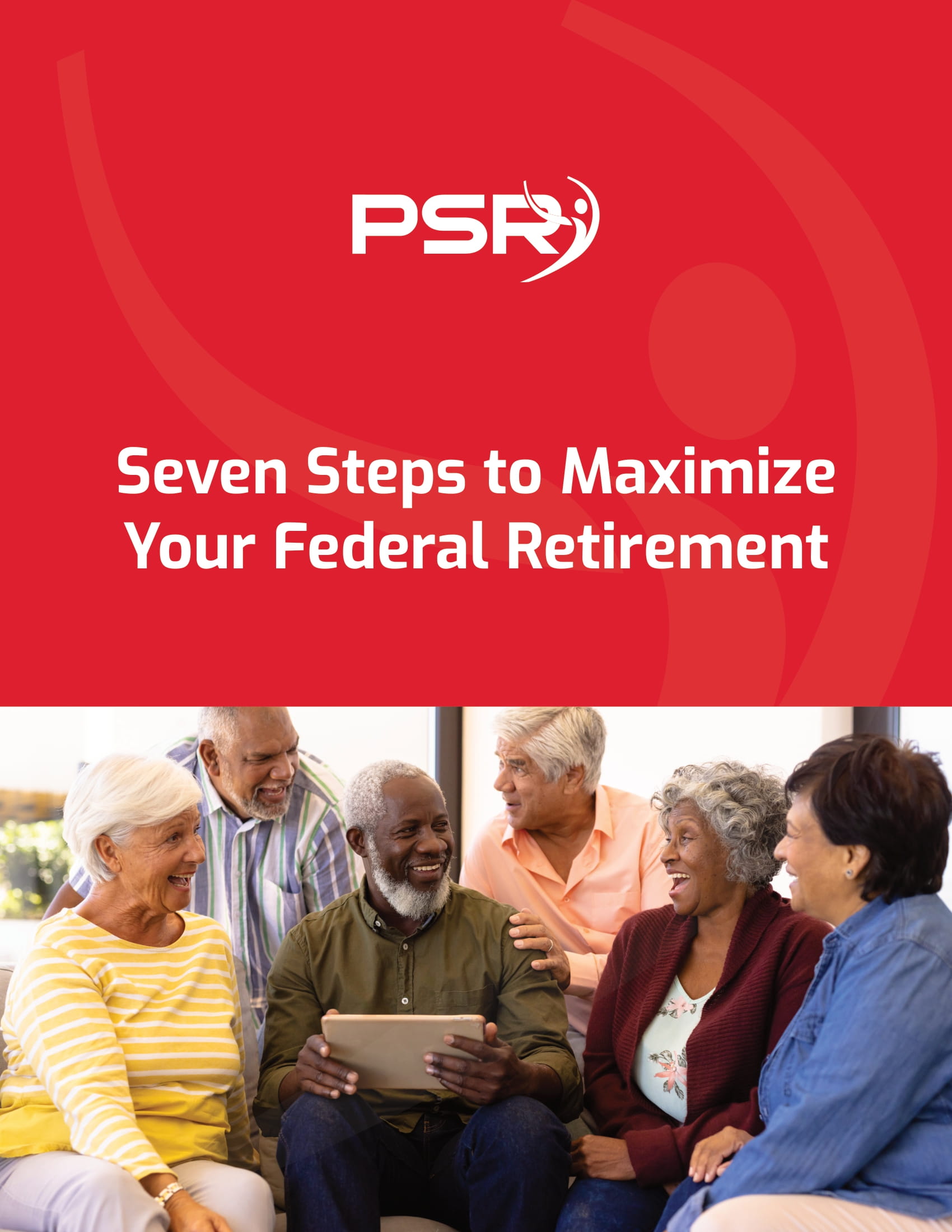[vc_row][vc_column width=”2/3″ el_class=”section section1″][vc_column_text]Of the 2,700 rules governing Social Security benefits, there are two very confusing and unfair rules that affect workers and their family members.
Roughly a quarter of local and state government employees – civil servants, first responders, and public school teachers in several states – and federal employees hired before 1984 – are not qualified for Social Security benefits because they do pay for FICA taxes on earnings. They are eligible, however, for benefits based on any private sector work or a spouse of a worker eligible for benefits.
Retirees find that their benefits are reduced or gone if they receive a public pension based on work where no FICA taxes were paid.
Windfall Elimination Provision
- Also Read: Divorce and Your Federal Pension—What Happens When You Split Assets and How It Could Affect Your TSP
- Also Read: What Happens to Your Federal Benefits After Divorce? Here’s the Lowdown
- Also Read: The Best FEHB Plans for 2025: Which One Fits Your Lifestyle and Budget the Best?
Government Pension Offset
The GPO is applied to spouses, widows, ex-spouses or surviving ex-spouses who were married ten years before getting a divorce and stayed single until the age of 60.
The GPO may decrease the SS survivor benefit by two-thirds of the government pension amount – no dollar limit applied. Therefore, a public school teacher retiring in any of the 15 noted states has a $3,000 a month pension, the survivor benefit may be decreased by two thirds or $2,000 a month. In essence, it would nearly wipe out the majority of the survivor benefits.
Spouses can get up to 50 percent of the employee’s full retirement age benefit if the spouse waits to claim their full retirement age. The survivor benefit is 100 percent of a deceased worker’s pay at the time of their death. This also includes delayed retirement credits if the surviving spouse hits full retirement age.
What states do not offer Social Security benefits to public employees? They are Alaska, California, Colorado, Connecticut, Illinois, Louisiana, Maine, Massachusetts, Missouri, Nevada, Ohio, and Texas. Employees of certain Georgia, Kentucky and Rhode Island local governments also do not pay into Social Security.
The rules of the GPO and WEP also affects federal employees who were hired before 1984 and participate in the Civil Service Retirement System. Employees working for a company of a foreign country are also affected.
Any hired federal employees the 1983 reform legislation for Social Security pay FICA taxes as part of the FERS and the WEP reductions do not affect them. Railroad retirees are also not affected if their pension comes from employment with a railroad company.
What is affecting these benefit reductions? It’s the acknowledgment of a non-covered pension, which means a person can claim full SS benefits and decreased benefits after the start of their pension. The Social Security Administration will figure out what the annuity value is of the pension and make adjustments as needed.
Of course, you can thwart the rules by working longer and paying into FICA at the end of your public service career.
Workers with 30+ years of substantial earnings subjected to the SS payroll taxes can circumvent the WEP entirely. And, the WEP impact is deceased for workers between 21 to 29 years of substantial earnings (or at least $23,850 in earnings). The full impact is felt by those with less than 20 years of substantial earnings.
The GPO would decrease the SS survivor benefits if you attained a disability or retirement pension from a local, state or federal government based on where you paid no SS taxes. This doesn’t apply if a government pension is given to you as a surviving spouse of a deceased’s earnings. GPO also does not reduce benefits for local, state or federal employees who paid SS taxes on earnings made in the last five years of government service.[/vc_column_text][/vc_column][vc_column width=”1/3″][vc_single_image image=”28355″ img_size=”292×285″ style=”vc_box_shadow”][/vc_column][/vc_row]









